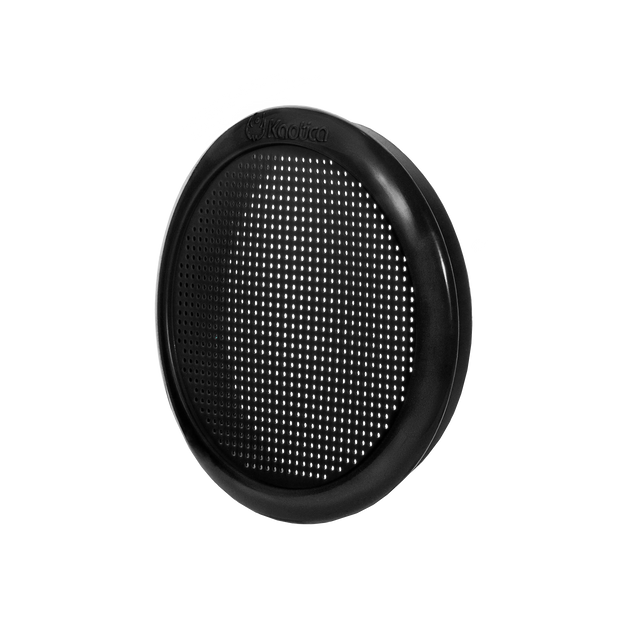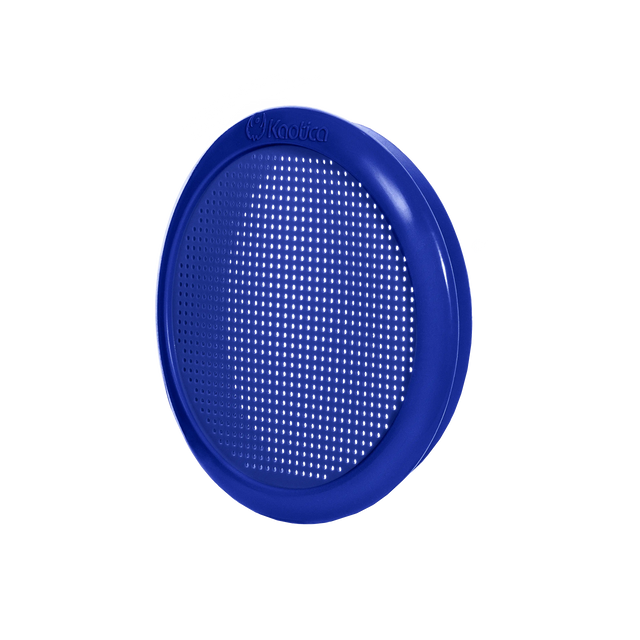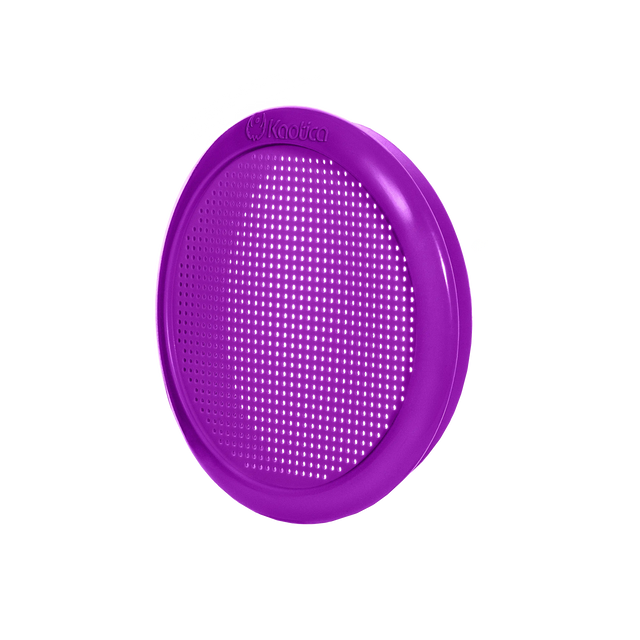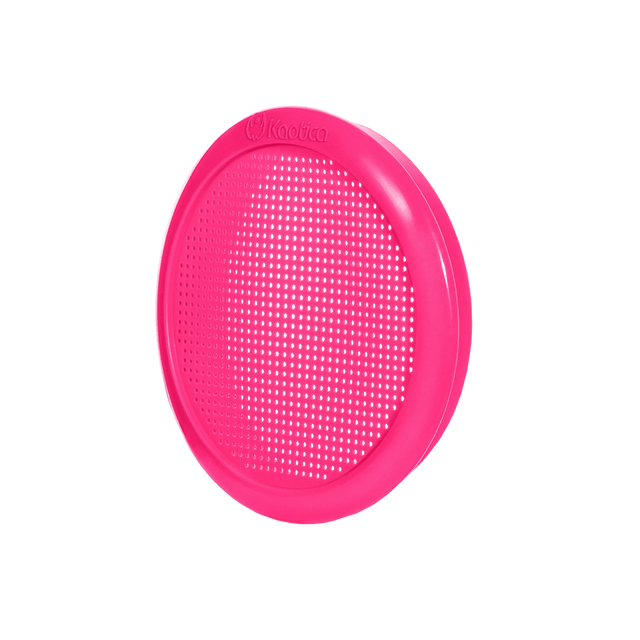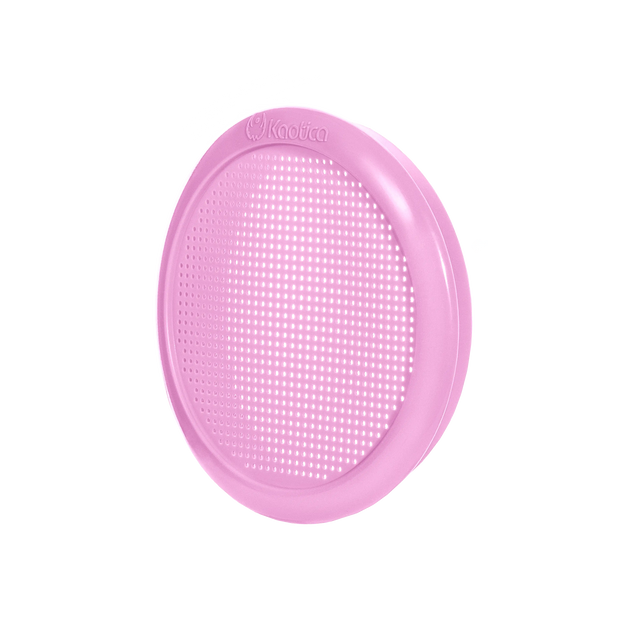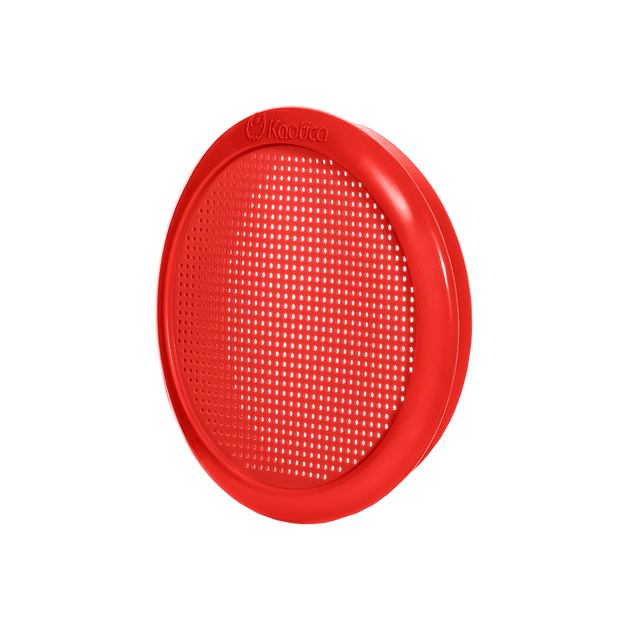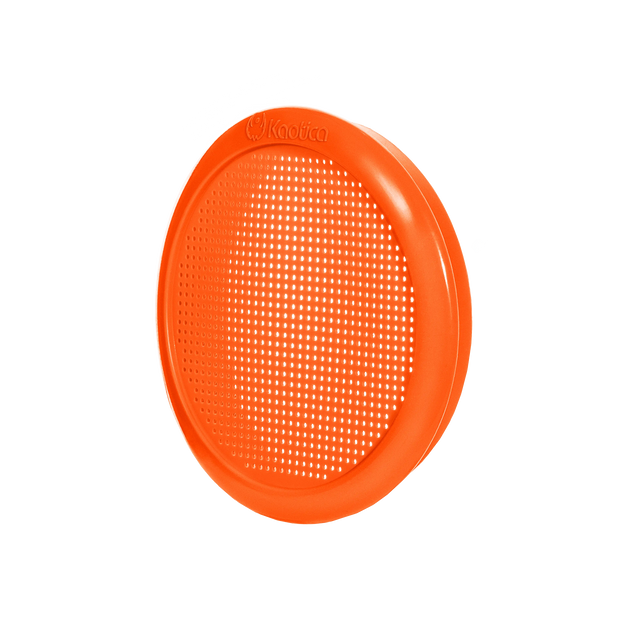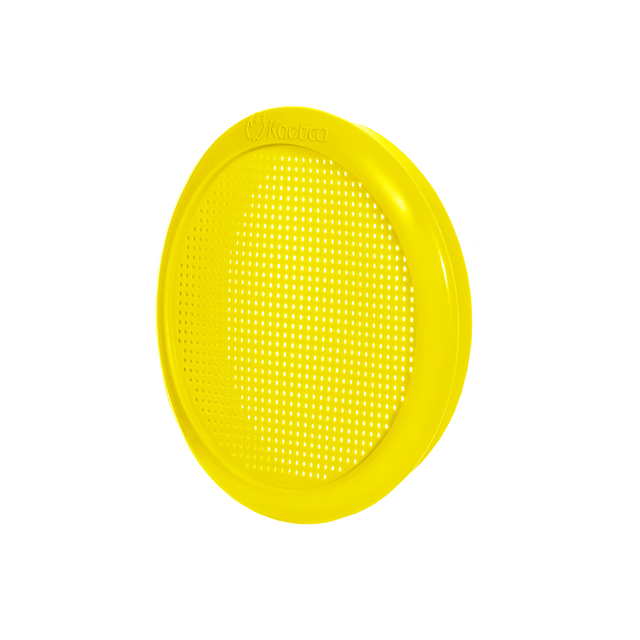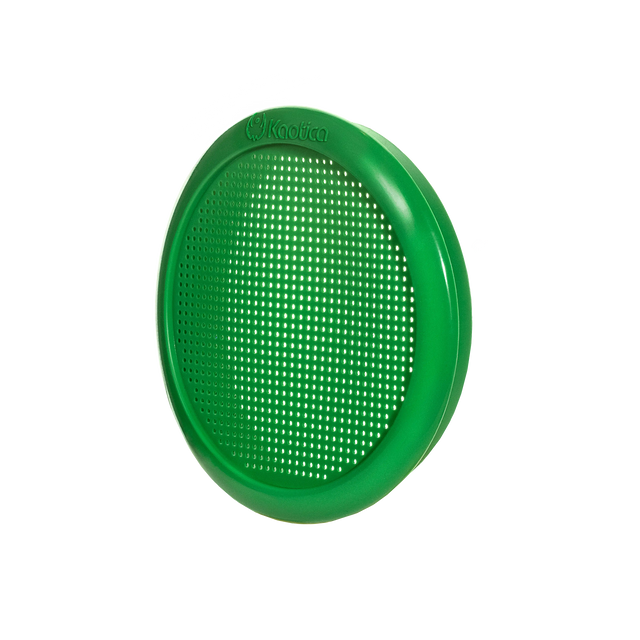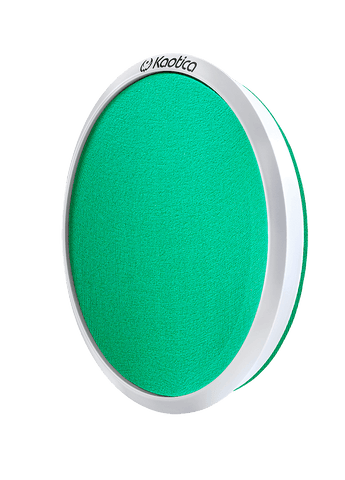
Sean Paine | My Control Room
Sean Paine, part time rapper, full time and highly sought after recording engineer and quietly business savvy entrepreneur, is a name you need to know if you’re looking for the people who are moving and shaking up the ATL scene.
A graduate of Full Sail University, Paine worked his way up through the hip hop ranks from assistant engineer at Atlanta’s Patchwerk Studios to landing the gig as the go-to engineer for Radric “Gucci Mane” Davis. He has since become Mane’s right arm while the star rapper was serving time in prison.
Much of that had to do with the fact the Paine’s got skills that go far beyond the mixing board.
Gucci saw Paine’s work ethic and organizational skills and pegged him as the right man for the job of keeping the Gucci Mane brand squarely in the public eye while he was “away”. From behind prison walls, Gucci Mane guided Paine, giving him the arduous but enviable task of putting together a steady release of stellar material culled from Mane’s vault filled with the fruits of his prolific work ethic. (The man has released over 100 mix tapes!)
Paine took the initiative to get on the phone and secured major features with a veritable who’s who of rap superstars, including Snoop Dogg, Jadakiss and Migos, to name a few. Mane had hundreds of verses already in the can and would drop some the verses speaking from a prison phone. Then Paine would seek out the artists to feature from those “sessions”. In two years, Paine dropped 30 mix tapes on the world!
But Paine’s many talents have spread far and wide, having also graced the tracks of Lil Wayne, Young Thug, 2 Chainz and Future. His rising star has also caught the attention of major industry execs. Atlantic Records prez, Craig Callman, called on him to consider an A&R spot, seeing Paine’s obvious ear for fresh young talent.
Meanwhile Sean Paine, the independent and prolific artist in his own right, has also been hard at work putting out a steady stream of material on his own that includes the mixtapes, Good and Bad, Lions, Tigers and Bears and Oh My in 2016. People talk about his crazy work ethic but Paine gives all the credit to Gucci Mane.
“This guy is a fucking machine. Ain’t nobody outwork Gucci in the studio, period. That’s where a lot of people get their work ethic from.”
With a music track record like that you might not guess that Paine has got a background in finance and a burning desire to go to Harvard. Inspired by his grandfather, who started with nothing and built a two billion-dollar business, Paine says he wants to become a black billionaire.
It seems like Sean Paine is only just getting started and his music brand may be but one of many flags he plants in the fertile soil of entrepreneurship.
Kaotica sat down with Sean and let him riff on his beginnings and finding his path to the driver’s seat.
How did you become a producer/engineer?
Well, I started out as a young kid messing around with my older brother. He was into music. He had a little tape recorder and we would record ourselves. And with tape, you had to get it all right the whole time you know. You couldn’t mess up.
And then we got into Pro Tools, the very first one. That was kind of a learning curve for me learning how to follow the signal flow and all that. I kind of started like a young egg just watching, learning, you know. Seeing the music culture and wanting to be involved in it.
So at the level you are at now, how do you use the studio as an instrument?
"I mean you know those are the speakers, these are the references right here, my ears. I think my ears are the best instrument I use. But having a room that’s acoustically treated certainly helps."
How important is the vocal to the track?
The vocal is the main part of the track in my opinion. It’s the core. Sometimes I just focus on the vocal first. And then feel the beat and bring the elements in all around it. The vocal is half the battle if you ask me. That's the most important part. If you hear garbage in then garbage out. You hear like background noise or maybe some extra little bit of white noise in the microphone and it's just not acoustically sound or has extra reverb because you didn't have a vocal booth and recorded in a closet or maybe a home music studio without any studio acoustic treatment. It just takes away from your mixing capabilities. You kind of have to mix around it. So I think the cleaner the vocals the more control and more creative you can get with the mix.
How has the Eyeball impacted your workflow?
"It helped my productivity on the road for sure. You know like when we just went overseas me and Gucci could pull it up in a hotel room."
Put the Kaotica Eyeball on and hit record. Sound like you’re here in a proper studio, you know. It takes away the whole reverb from the room sound. It's more of a clean sound as well like when you're in a real studio booth but it's a mobile vocal booth. So it doesn’t sound say like a six by nine room. Well, we do still get the ambiance of the room but it’s controlled. For that the Eyeball is perfect.
So think back 5 or 10 years ago or maybe even 15. What advice would you give to that self?
I would have said ‘we got to invent the Kaotica Eyeball!’ I mean you go from buying mattress covers at Wal-Mart to getting into the real soundproofing stuff and you spend hundreds of dollars. But you could just isolate all that just by putting the Eyeball around the microphone. It's like nobody thought of that and that would have saved a ton of money. And workflow, your space. You can just take it anywhere you like. Like if I’m feeling creative right now I can sit on my stool right here and go. You can just create now with the snap of your finger. Like that.










